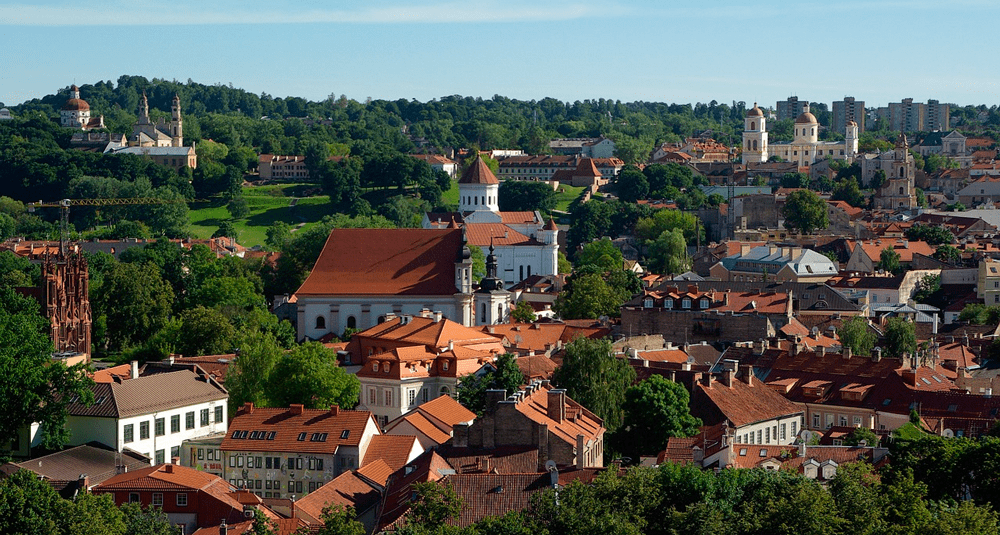What is the capital of Lithuania?
Last Updated:
Vilnius is the capital of Lithuania, a Baltic country in Northern Europe. The political, economic and cultural center of Lithuania, Vilnius plays a central role in the life of the country. The city is renowned for its Baroque architecture, well-preserved historic center and rich multicultural history.
Vilnius was founded in the early 14th century and became the capital of the Grand Duchy of Lithuania. The city was first mentioned in historical writings in 1323 by Grand Duke Gediminas.
During the reign of the Grand Duchy of Lithuania, Vilnius flourished as a political and cultural center. It attracted merchants and craftsmen from all over Europe, becoming an important crossroads for trade and cultural exchange.
After several centuries of prosperity, Vilnius experienced periods of domination by various foreign powers, notably Poland, Russia and the Soviet Union. In 1990, Lithuania declared its independence from the Soviet Union, and Vilnius once again became the capital of a sovereign state.
The historic center of Vilnius is a UNESCO World Heritage Site. It is famous for its cobbled streets, Baroque and Gothic churches and well-preserved historic buildings. Highlights include Vilnius Cathedral, St. Anne’s Church and the Palace of the Grand Dukes of Lithuania.
Founded in 1579, Vilnius University is one of the oldest in Eastern Europe. Its historic campus is an outstanding example of Baroque architecture and an important intellectual center.
This bohemian district, self-proclaimed an independent republic, is known for its artistic atmosphere and art galleries. Uzupis has its own constitution, its own president and even its own embassy.
Vilnius is a dynamic cultural center with numerous museums, theaters and festivals. The National Museum of Lithuania, the Museum of the Victims of Genocide and the National Art Gallery are just some of the city’s major cultural institutions.
As the capital, Vilnius is an important economic center for Lithuania. The city is home to numerous national and international companies, financial institutions and technology start-ups. Vilnius’ economic growth is underpinned by an expanding service sector and modern infrastructure.
In addition to Vilnius University, the city is home to several other higher education and research establishments, such as Vilnius Gediminas Technical University and the Vilnius University Institute of Physics.
Vilnius encourages innovation and technological development. The city boasts science parks and incubation centers for start-ups, contributing to its status as an emerging technology hub in Eastern Europe.
Vilnius is the capital of Lithuania. It is known for its rich historical heritage, impressive architecture and central role in the country’s culture and economy. The city, whose historic center is a UNESCO World Heritage Site, offers a unique combination of tradition and modernity, making Vilnius a must for visitors and a dynamic center for its inhabitants.
You may also be interested in
geography

What is the capital of Lithuania?
Answer
The capital of Lithuania is Vilnius. Located in the south-east of the country, Vilnius is known for its Baroque architecture, its UNESCO World Heritage-listed historic center and its rich cultural history.